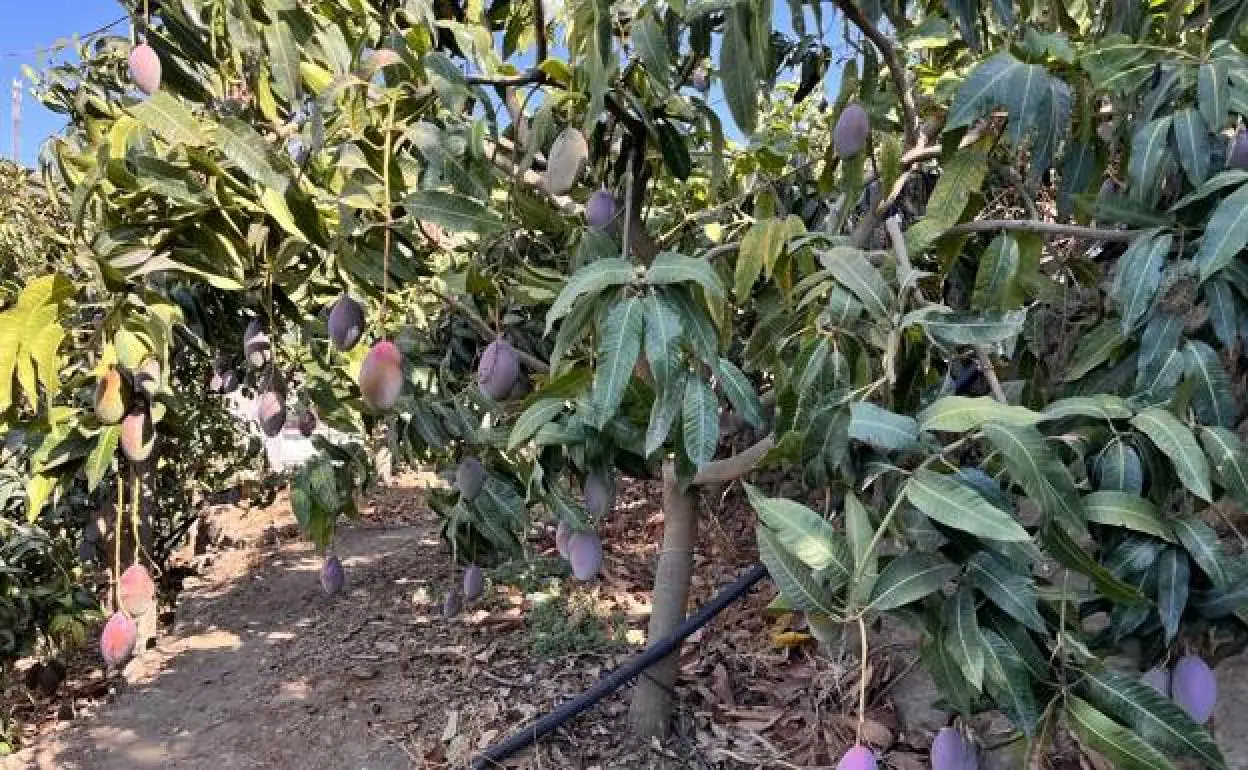Immune to the drought: the mango harvest is expected to be up by 28 per cent
More farmers in the Axarquía and on the Costa Tropical are opting to grow mangos now because they need much less water than avocados
The persistent drought is affecting the sub-tropical fruit sector in the Axarquía region and if there is no heavy rainfall this autumn and winter it could spell disaster for some products, especially avocados because they need so much water.
Mangos, however, seem to be the exception and the harvest, which began in late August, is looking very good. Producers say they believe it will be up by 28% in the Axarquía and on Granada’s Costa Tropical, the areas where most of the mangos in Spain are grown, compared with last year when 25,000 tonnes were picked and turnover amounted to 31.37 million euros.
Farmers estimate that this year’s harvest, which ends in November, will be as much as 32,000 tonnes, very close to the previous record in 2018.
Those who grow avocados, though, are not at all happy, especially those in the area of the Vélez river where many farmers have ended up with no water to irrigate their land and have decided they have no option but to cut down their avocado trees and replace them with mangos.
Varieties
The first varieties of mango to be harvested are those grown in greenhouses, then the Tommy Atkins variety, which is the earliest of those grown outdoors to mature. After that comes the Osteen, the most common variety in Malaga province, followed by Kent and Keitt, which are considered late. September and October are the busiest months of the mango harvesting season.
European consumers can normally tell mangos grown in Spain from those in other countries because most sellers do not wash them, so they have a whitish film on the peel.
It is worth noting that La Mayora Institute of Subtropical and Mediterranean Horticulture has been calling for years for farmers to diversify the varieties of mango they grow and not focus on one specific type, which tends to be the case with the Osteen at present. The research centre says the introduction of new varieties would extend the harvesting season.

